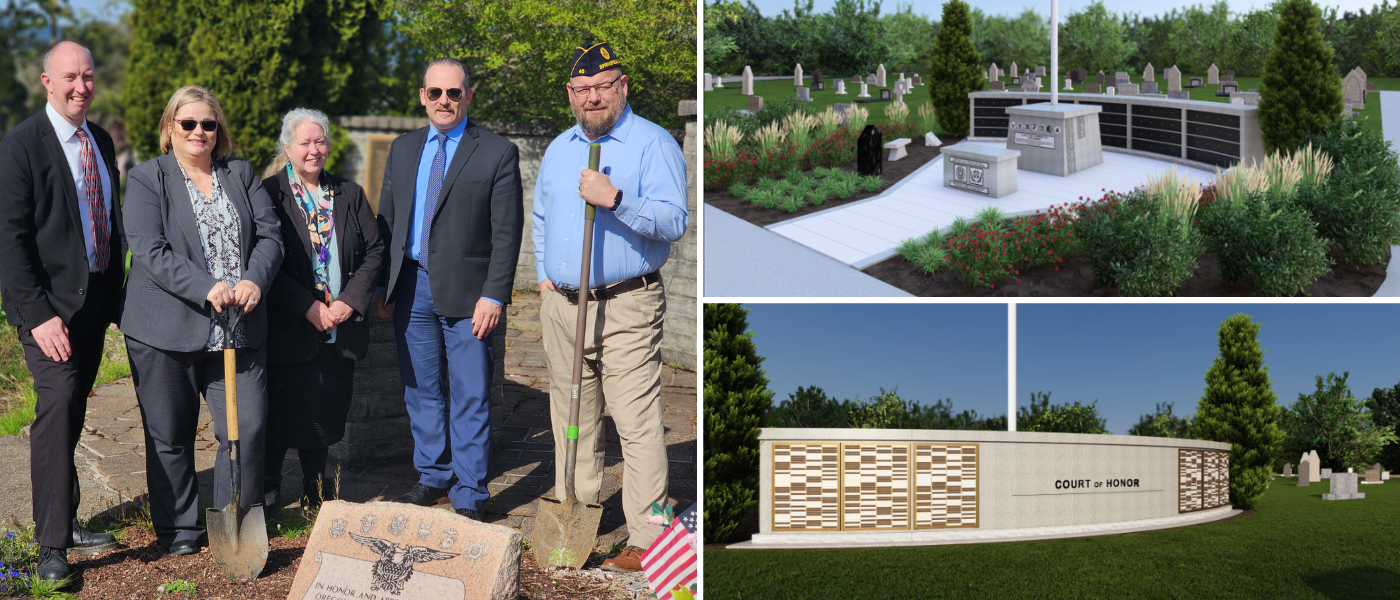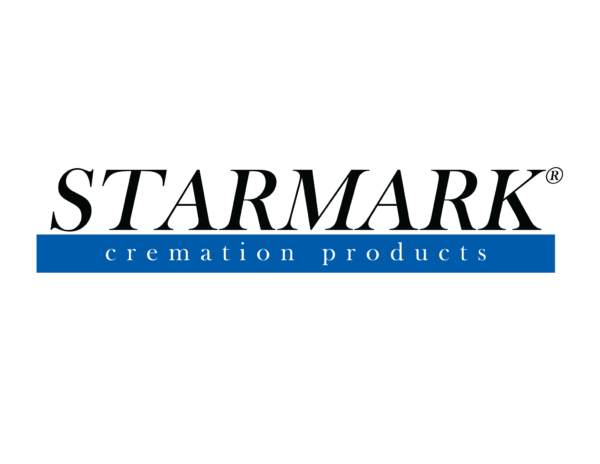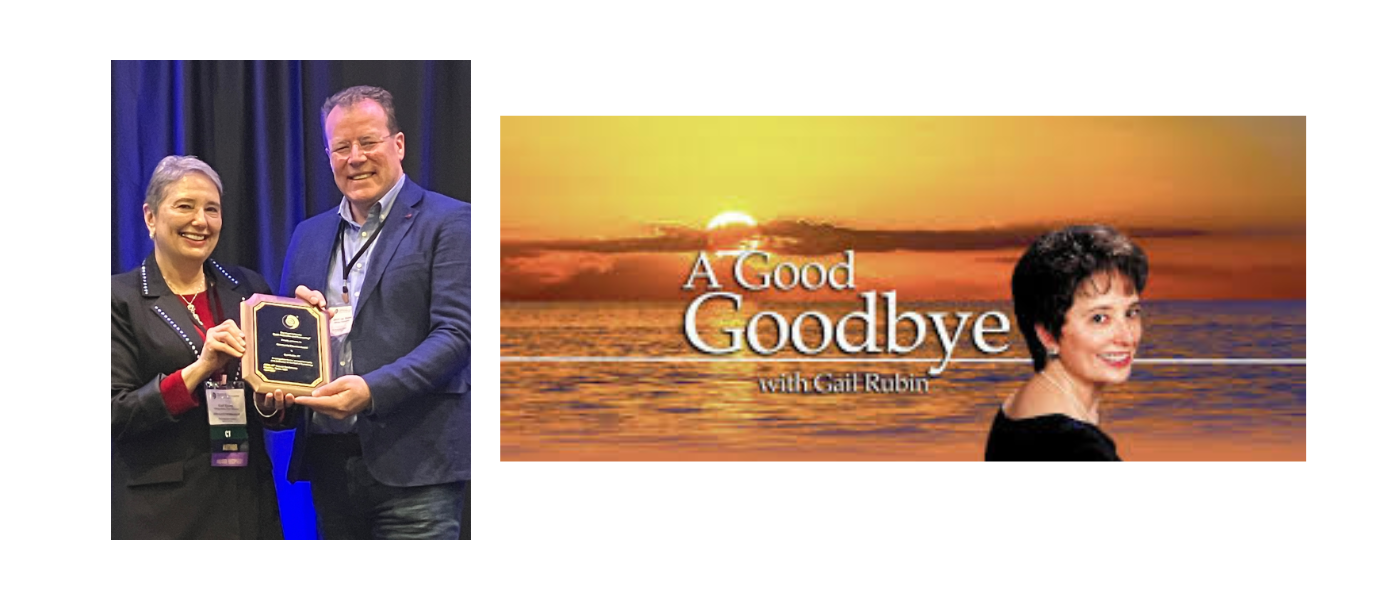150 Things Most Consumers Don’t Know A Funeral Director Does
Article by Ralph L. Klicker, Have a Talk of a Lifetime
A new tool to use to educate families about the myriad services a funeral director provides
A number of years ago, I heard a quote I liked and have often used: “If you don’t toot your own horn, someone will use it as a spittoon.” More, shall I say, mature readers will know what a spittoon is, but the younger funeral directors might have to look it up.
I did not take this quote to mean bragging or boasting. Rather, in regard to funeral service, I believe it could be interpreted to mean truthfully explaining to or educating a person, group, community or the public in general about:
- The value of the funeral.
- All (and I emphasize all) the services a funeral home provides.
- Differentiating yourself and your funeral home from your competitor (in other words, why a family should select your funeral home and not your competitor’s firm).
I’ll be focusing on the second point – all of the services a funeral provider offers. It will not be long on theories or philosophy but will get right to the point.
From my more than 30 years as a funeral director, educator and trainer, I have found that when funeral directors are asked to explain what they do, the general answer goes something like this: “We transfer the deceased from the place of death to the funeral home and prepare it according to the family’s wishes. We meet with the family to arrange the funeral and then, according to the family’s instructions, we provide a visitation and funeral service. We also offer preneed planning.”
I will agree it does describe what we do, as the saying goes, in a nutshell. My point, though, is that we have to break out of that shell and do a better job of educating people about the countless services funeral directors provide. We must give enough information for the public to realize that we do more than drive around in expensive cars and help them to understand the value they receive for the price they pay.
Thus, the following “Funeral Service 150” is my attempt to supply you with a tool to offer your community that simply explains the complexity and extensive nature of funeral directing. It toots your horn in a truthful way, without boasting or bragging.
You have my permission to reproduce and distribute the “Funeral Service 150.” I only ask that if you find I have left something out, you contact me (klicker@canton.edu or rklicker@thanosinstitute.com). This list should be given out every time you make a presentation. Include it in the folder you give each family, display it in your funeral home, send it to the media. Funeral directors must “toot their own horns” to educate families about all of the services they can and do provide in caring for families. Remember, education is the antidote to ignorance. Educate your community!
150 Services a Funeral Director Provides
1. Available 24 hours a day, 365 days per year.
2. No extra charges for holidays, weekends or after normal business hours.
3. Provide and maintain facilities necessary for all services.
4. Provide for security of deceased.
5. Keep all information confidential.
6. Receive death calls.
7. Provide details of steps to be taken after death notification.
8. Obtain release of remains.
9. Transfer deceased from place of death to funeral home.
10. Take custody and inventory personal effects of deceased.
11. Embalm remains when requested.
12. Perform restorative art procedures when necessary.
13. Perform alternative preparation when no embalming.
14. Hold body without any preparation when required.
15. Coordinate with organ/tissue bank for donation.
16. Meet with physician or hospital to obtain signed death certificate.
17. File death certificate with proper government agency.
18. Obtain burial, cremation or transit permit.
19. Provide family with transportation to funeral home to make arrangements.
20. Meet with family at home to make arrangements, if requested.
21. Return deceased’s personal effects to family.
22. Provide family with government forms required for arrangement conference.
23. Obtain vital statistics needed for legal documents.
24. Advise family on any legal decision that must be considered.
25. Maintain funeral records as required by law.
26. Explain and provide final disposition options.
27. Explain religious and cultural options and requirements.
28. Explain and provide service and funeral options.
29. Assist family in planning meaningful funeral.
30. Assist family in planning meaningful memorial service.
31. Assist family in planning alternative service.
32. Contact and coordinate with clergy.
33. Explain military options.
34. Contact and coordinate with military.
35. Explain service options for fraternal/special group.
36. Contact and coordinate with fraternal/special group.
37. Obtain information for death notice.
38. Write death notice and submit to newspaper.
39. Obtain information and photograph for obituary.
40. Write and submit obituary to newspaper.
41. Advance or guarantee cost of death notice/obituary
42. Assist family with flower selection.
43. Order flowers for family, if requested.
44. Provide guidance for writing eulogy.
45. Provide photo boards/easels.
46. Assist family in arranging photo board.
47. Offer video tribute option.
48. Receive photos and music requests for tribute video.
49. Produce tribute video/DVD with music.
50. Provide equipment to play tribute video.
51. Ensure video is played at proper time.
52. Provide casket display.
53. Assist family in casket selection.
54. Provide vault display.
55. Assist family in vault selection.
56. Provide and display urn selection.
57. Assist family in urn selection.
58. Provide register book and memorial card selections.
59. Assist family in selection of register books/memorial cards.
60. Print memorial card and register book information pages.
61. Restock memorial cards and register book pages during services.
62. Provide memorial donation envelopes for charities.
63. Provide Mass cards.
64. Provide Mass card and donation cardholders.
65. Assist guests in filling out donation and Mass cards.
66. Print extra memorial cards, if necessary.
67. Provide religious symbols.
68. Explain cemetery options and rules.
69. Assist family with cemetery selection.
70. Contact and coordinate with cemetery.
71. Order last-minute items, such as a tent.
72. Explain crematory options and rules.
73. Contact and coordinate with crematory.
74. Explain veterans’ benefits.
75. Complete veterans’ forms for death benefits.
76. Obtain flag for veterans.
77. Complete and send forms for Social Security benefits.
78. Complete insurance forms, when required.
79. Provide clothing for deceased.
80. Clean and press clothing provided by family.
81. Dress deceased.
82. Cosmetize deceased.
83. Provide dressing of hair for deceased.
84. Provide nail care for deceased.
85. Place deceased in casket and make presentable for visitation.
86. Place casket in visitation room in proper manner.
87. Arrange visitation room for wake, calling hours.
88. Meet with families for first visitation.
89. Make adjustments after first visitation.
90. Greet and direct guests to visitation room.
91. Assist guests with questions and special requests.
92. Provide guests with documentation of funeral attendance as needed for work time off.
93. Answer telephone inquiries about visitation and/or funeral.
94. Receive and arrange flowers.
95. Photograph flowers, if requested. Give family flower cards.
96. Provide music system.
97. Provide selection of music.
98. Play music selected by family during visitation and funeral.
99. Complete automobile list for funeral procession.
100. Provide assistance to special groups holding service.
101. Make arrangements for funeral brunch, if requested.
102. Prepare visitation room for funeral or move deceased to chapel.
103. Arrange for police or private funeral procession escort.
104. Implement funeral service according to family wishes.
105. Recosmetize deceased on day of funeral, if necessary.
106. Meet with family before funeral to finalize details.
107. Arrange cars for funeral procession.
108. Coordinate with and assist clergy before funeral.
109. Coordinate with and assist special group(s) before funeral.
110. Coordinate with escort on day of funeral.
111. Supervise pallbearers.
112. Coordinate music for funeral service.
113. Provide transportation for pallbearers, if necessary.
114. Provide transportation for clergy, if necessary.
115. Close casket, ensuring family request for items left in, or remove from casket.
116. Provide transportation for family to church and cemetery.
117. Provide transportation for deceased.
118. Lead procession to church.
119. Ensure proper parking at church.
120. Coordinate church service.
121. Ensure correct grave or crypt is opened.
122. Ensure vault is delivered and installed at cemetery.
123. Transport and arrange flowers at cemetery/crematory.
124. Lead procession to cemetery/crematory.
125. Fulfill special family requests for procession, such as passing by home or workplace.
126. Supervise cemetery/crematory service.
127. Present flag if military detail is not present.
128. Act in place of clergy, if necessary.
129. Ensure that vault cover is sealed correctly.
130. Provide cemetery with burial/cremation permit.
131. Deliver cash advances to church/cemetery.
132. Provide transportation to funeral breakfast, if necessary.
133. Deliver flowers not used in service to location designated by family.
134. Provide thank-you cards to family.
135. Assist family with monument purchase or inscription.
136. Secure initial certified copies of death certificate.
137. Secure additional certified copies of death certificate, as requested.
138. Retrieve cremated remains from crematory.
139. Retain cremated remains until family picks up.
140. Deliver cremated remains to family, when requested.
141. Assist family in final disposition of cremated remains.
142. Provide preneed planning
143. Provide options for preneed funding.
144. Ensure security of preneed funds.
145. Provide long-term security for preneed records.
146. Assist with Medicaid spend-down details.
147. Facilitate return of deceased from out of town.
148. Facilitate transportation of deceased to out-of-town location.
149. Provide aftercare support.
150. Provide payment options.
Ralph L. Klicker, Ph.D., licensed funeral director and founder/president of Thanos Institute in Buffalo, New York, has written three of the major textbooks used in mortuary science programs, along with continuing-education texts and independent-study courses. With more than 30 years of experience in funeral service education, he also serves as director of the new bachelor’s degree program in funeral service administration at State University of New York-Canton.




